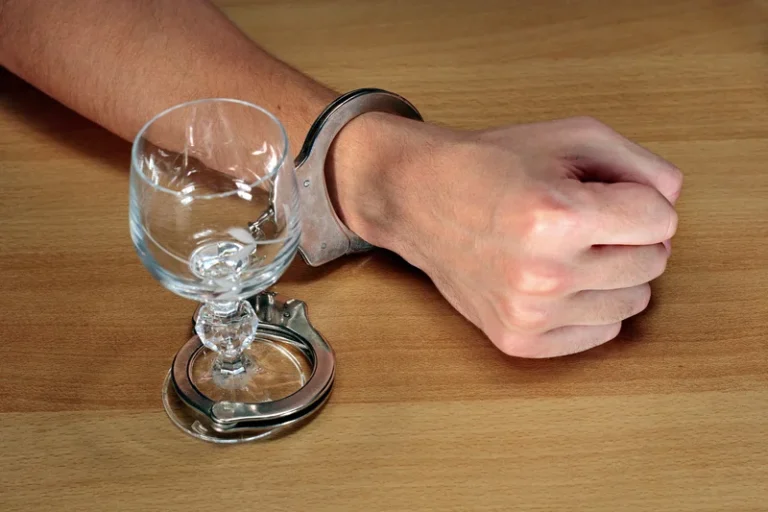
First and foremost, the question of whether marijuana has a place in your sobriety plan is intrinsically linked to your own definition of sobriety. Traditional sobriety models usually advocate for total abstinence from substances that have the potential to alter your state of mind. This includes not just hard drugs and alcohol but also marijuana.
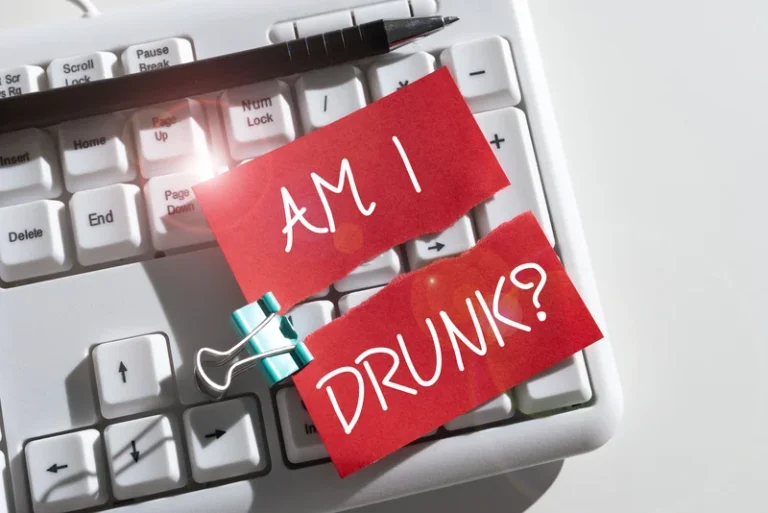
Are You Sober if You Smoke Weed?
- Recently I’ve been thinking about whether smoking marijuana occasionally would be a big deal.
- Weed is widely considered to be less addictive than a lot of other drugs, but research suggests that almost 9% of people who smoke weed develop a dependence on it.
- It felt very much like high school, the person with more sober time was perceived as superior to those that were just brand new and we didn’t feel like we had an opinion on anything.
- Researching and determining what is best for your recovery journey is essential.
- Today, many video conferencing apps make it extremely easy and convenient to join an AA meeting on any day, at any time, as often as you’d like.
I know now how the entire setup is conditional from the jump and if your not sober or faking your sobriety most of these people won even give you the time of day. I was struggling with alcohol along with mental illness and i was recommended AA by one of the people I had knew. I wasn’t against spirituality necessarily but I just needed to get to my first 30 days. I ended up achieving that goal and I even got a sponsor. There’s a time at many parties when there’s a palpable shift, and people are suddenly reeeeally fucked up. Jenn Champion shared a great story in Sober 21 about drinking from the same type of glass everyone else is using.
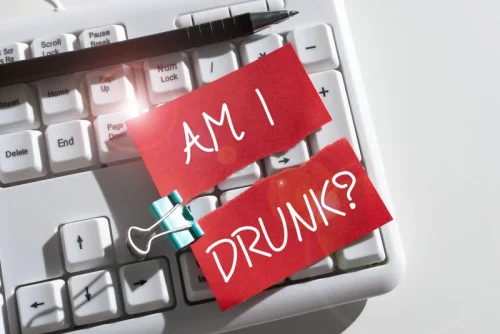
The board requires you to be registered and logged in to view this forum.
- We’re here to provide guidance and support for anyone on their sober living journey.
- First, let’s look at what Alcoholics Anonymous is and whether it’s right for you.
- In multiple states, medical marijuana and cannabis have been legalized for recreational use as well.
- Alcoholics Anonymous (AA) is free, accessible, and simple.
- Exercise can support your recovery by boosting your brain, battling the brain disorder of alcohol use disorder.
Those who are sober from other drugs or alcohol but use cannabis regularly affirm that using this form of harm reduction supports their recovery. Your journey is uniquely yours and may come with its own set of recovery challenges. When contemplating the role of marijuana in your sobriety, consider your personal sobriety goals, the risk of cannabis dependency, and any history of cross-addiction or dual diagnosis.
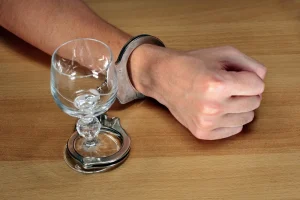
How to Party Without Drinking or Using if You Got Sober During the Pandemic
THC and CBD, the active cannabinoids in marijuana, produce mind and mood-altering effects, so even medical usage of marijuana could be dangerous for people in addiction recovery. From causing signs of addiction to possibly leading to the use of harder drugs, there are good reasons for people in recovery to avoid marijuana usage. Look, I am no fan of abstinence-only recovery, and I think that shaming people for the ways they choose to stay clean is cultish twelve step nonsense. But the reality is that it’s a lot easier to just say no than to say maybe sometimes, and if a person is at-risk for relapse or for developing a marijuana misuse disorder, why bother with taking the hard road? You might be wondering if any of this has changed my mind about my own path.
- “One of my main avenues is this subreddit, Dry Alcoholics,” says Jeff, who doesn’t so much get advice from users, but finds their stories a helpful reminder of where he’s been.
- Through our programs, weekly house gatherings, employment support, money management, family outreach, and a solid foundation based on the 12 Steps of Alcoholics Anonymous.
- Fellowship, its 12-step program of recovery, and related topics.
- However, this approach requires a heightened level of self-awareness and frequent reassessments to ensure that it aligns with your sobriety goals.
- Many people in recovery discuss chasing a “high” and doing anything to get it.
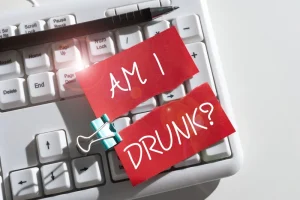
Here’s a closer look at what it means to be a casual member of AA versus a regular member and the benefits of attending regular AA meetings. Meth, crack/cocaine etc. but I still smoke pot, drink wine occasionally, and plan to indulge in the occasional thereputic LSD/mushroom trip. Another draw of AA for many is that it can put the meaning back in life, helping you find a power greater than yourself, and getting you involved in service with others in your community who need help. Whether or not you are interested in a spiritual program, finding something to live for (other than booze) can motivate your recovery. Whether this is some sort of spiritual program, giving back how to stay sober without aa to your community, getting involved in recovery activism, is all up to you.
I use weed recreationally every once in a while.
Though being a casual member of AA isn’t necessarily bad or negative, attending meetings casually can set you back in your recovery if you are newly sober or are still learning how to manage triggers and avoid relapse. Alcoholics Anonymous (AA) is free, accessible, and simple. There are endless options to Substance abuse try for support and guidance if you’d struggling with alcohol. As noted in the Twelve Traditions of Alcoholics Anonymous, the only requirement to attend AA meetings is “a desire to stop drinking.”2 Strictly speaking, you can attend AA meetings if you are still using alcohol. AA understands that individuals may not be fully sober when they join or may experience relapses. There are no absolute rules in AA, and no one will check on you to make sure you aren’t drinking.
It can also result in side effects such as dizziness, drowsiness, short-term memory loss or euphoria. With Marijuana legal in most states, it’s no surprise that in 2016, there were 22.2 million people in America using it in just July, alone. But, just like any other drug, it’s known to be addictive. Reflecting on your use is an important part of the decision-making process.